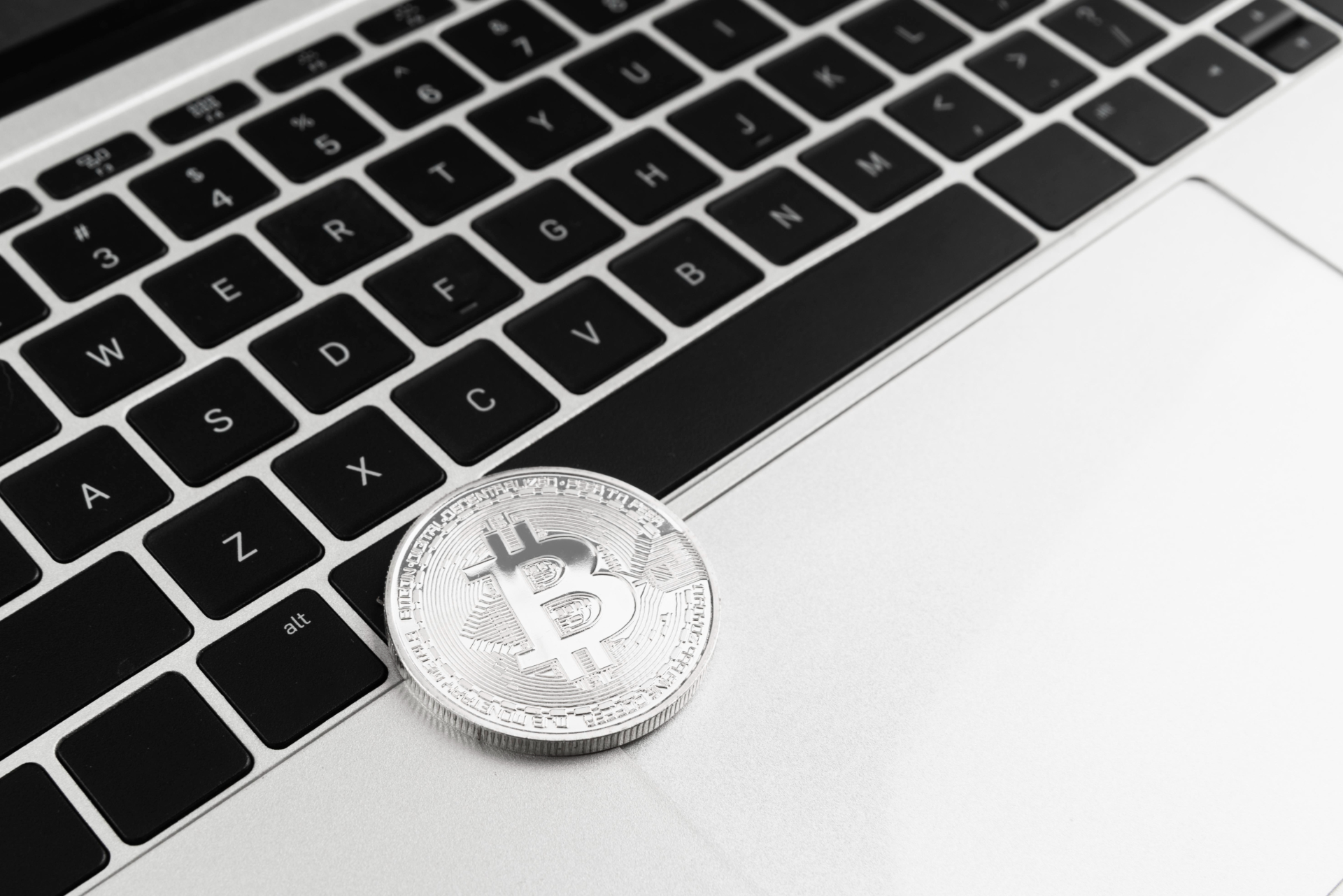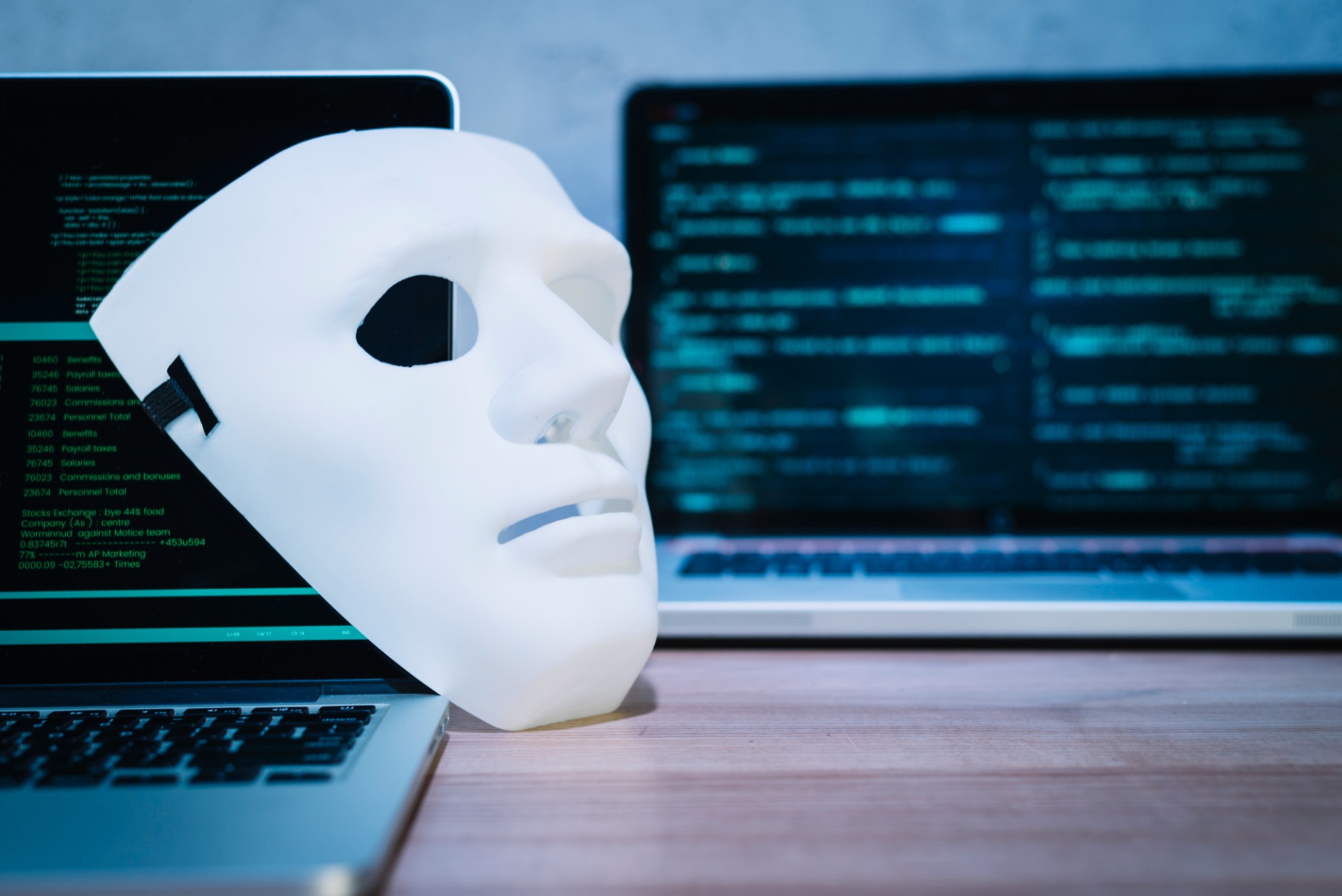Real-world asset (RWA) tokenization is transforming how individuals and institutions interact with various asset classes, from bonds to real estate. This innovative approach utilizes blockchain technology to represent ownership rights as digital tokens, making assets more liquid and accessible.
As significant players like BlackRock and Deloitte explore the potential of asset tokenization, the trend is gaining traction. This shift enables enhanced transparency, efficiency, and accessibility in the crypto market, reshaping traditional asset management methods and attracting a diverse range of investors.
Understanding Asset Tokenization
Asset tokenization refers to the process of creating digital representations of real-world assets on a blockchain. These digital tokens serve as certificates of ownership and can represent various types of value, including physical items like real estate or commodities, and digital assets such as intellectual property. By leveraging blockchain, owners can securely manage their assets, with tokenized ownership offering advantages over traditional methods. The growing adoption of asset tokenization is evident, as companies like Microsoft and Vanguard launch projects aimed at tokenizing industrial assets and securities.
The mechanics of asset tokenization hinge on smart contracts, which are self-executing agreements coded into the blockchain. These contracts map ownership balances to digital wallets, enabling seamless transactions between parties. As blockchain adoption continues, asset tokenization has emerged as a crucial application with the potential to disrupt multiple industries, particularly the global securities market.
The Benefits of Tokenization
Tokenization delivers numerous benefits, most notably increased liquidity. Traditional assets often suffer from illiquidity, making buying and selling cumbersome. Tokenization allows for fractional ownership, enabling investors to purchase smaller shares of high-value assets. This fractionalization matches buyers and sellers more effectively, enhancing overall market liquidity.
Accessibility also sees improvement through asset tokenization. By allowing fractional ownership, more investors can participate in markets that were previously out of reach. This democratization of access encourages a broader range of investors, fostering a more inclusive crypto market.
Transparency and security gain prominence with the use of blockchain technology. The immutable ledger records every transaction, ensuring a reliable and verifiable ownership record. This transparency reduces fraud risks and provides all parties with real-time access to information, building trust within the market.
Applications in Real Estate, Bonds and Collectibles
The real estate sector stands to benefit significantly from asset tokenization. Traditional investments in real estate involve high costs and lengthy processes. Tokenization facilitates fractional ownership, enabling investors to buy and sell property shares easily. For example, a developer can tokenize a commercial property, allowing investors to purchase tokens representing ownership stakes and earn rental income. This model streamlines transactions, enhancing liquidity in the real estate market.
Bonds are another asset class seeing significant interest. Tokenized bonds allow investors to own fractions of government or corporate bonds, providing more flexibility and liquidity in a market historically slow to evolve. Major companies are already experimenting with bond tokenization to streamline issuance and trading.
Additionally, art and collectibles markets can leverage tokenization to increase accessibility and liquidity. High-value artworks often remain illiquid, but tokenization enables fractional ownership, allowing investors to buy and sell shares of art pieces. Such tokenized assets can trade on blockchain platforms, providing flexibility and increased market opportunities.
Financial Assets in Focus
Tokenization is also making strides in traditional financial assets such as stocks and bonds. By representing these assets as digital tokens on a blockchain, investors can enjoy heightened liquidity and transparency. Companies can issue digital tokens corresponding to their stock, offering investors a more accessible means to participate in equity markets. Similarly, bonds can be tokenized, allowing for easier trading and providing greater flexibility for investors.
The benefits extend to commodities as well, where tokenization can facilitate fractional ownership. By tokenizing gold or oil, investors can buy and sell shares easily, reducing barriers to entry in these markets. Tokenized commodities offer enhanced liquidity and provide a more accessible means for investors to engage with these asset classes.
The Future of Tokenization
Looking ahead, the integration of asset tokenization within decentralized finance (DeFi) is significant. DeFi platforms enable various financial services without traditional intermediaries, and tokenized assets can integrate seamlessly into this ecosystem. Tokenized assets serve as collateral for loans, facilitating trading on decentralized exchanges and improving liquidity in the financial system.
Furthermore, security tokens and security token offerings (STOs) are poised to reshape capital markets. Security tokens, digital representations of traditional securities, can enhance liquidity and democratize investment opportunities. As regulatory frameworks evolve, security tokens are set to play a vital role in the future of finance.
Emerging technologies such as artificial intelligence (AI) and the Internet of Things (IoT) can further innovate asset management and trading. AI can analyze blockchain data, providing valuable insights for investment strategies. Meanwhile, IoT devices can generate real-time data recorded on a blockchain, improving transparency and traceability.
Conclusion
Real asset tokenization represents a significant advancement in how assets are managed and traded, encompassing everything from bonds to real estate. By leveraging blockchain technology, this trend enhances liquidity, accessibility, and transparency in the crypto market.
As major players adopt asset tokenization, the potential for disruption across multiple industries becomes clearer. With ongoing developments in DeFi and the emergence of security tokens, the future of asset tokenization promises to reshape the financial industry, providing new opportunities for investors and market participants alike.
Did you like this article? To stay up to date with the latest news and useful tips from the world of crypto, stay with HiRiBi.
Here you will not only be able to trade crypto profitably but also constantly develop and improve yourself.





Most commented